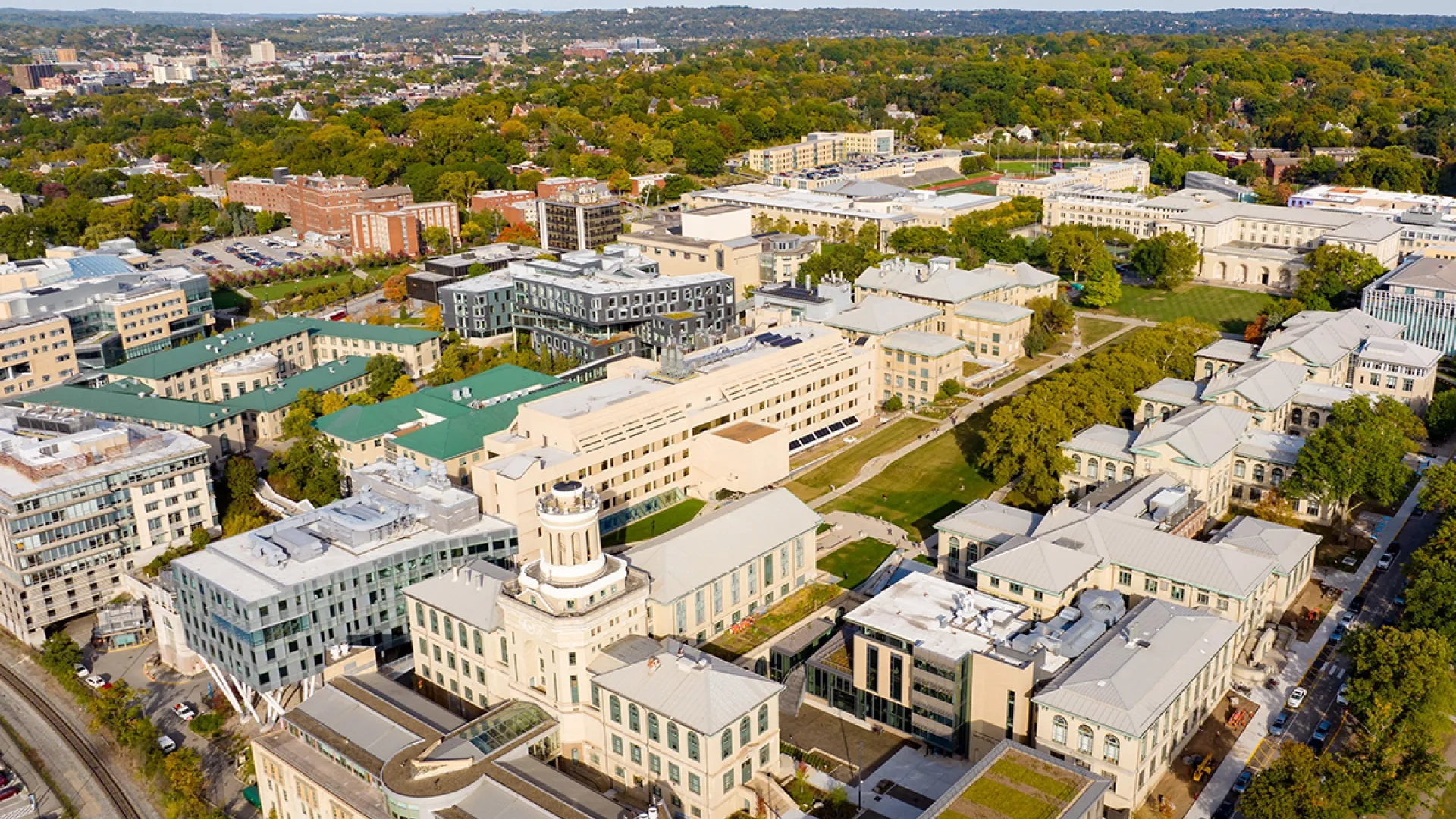
Block Center for Technology and Society
Leveraging innovation and public policy for social good.
Rapid advances in technology continue to reshape our society, economy, and workplaces. These changes bring both opportunities and challenges for the workforce.
We are committed to understanding and addressing the human impact of these shifts—ensuring that innovation supports equity, inclusion, and the well-being of people. Our work centers on building policies and practices that guide technological change toward serving the common good.
The Block Center drives relevant, actionable research to achieve broad, equitable impact.
Research
Fund and support research that aligns with our focus areas: how emerging technologies will alter the future of work and how AI and analytics can be harnessed responsibly for social good.
Connect
Connect CMU researchers with public, private, and non-profit partners to address critical societal challenges through projects, policy discussions, and education opportunities.
Deploy
Deploy research findings and expertise for real-world impact in our Pittsburgh community and beyond.
Focus Areas

Responsible AI
The Responsible AI focus area is dedicated to ensuring AI technologies serve society equitably.
The Block Center's Responsible AI focus area brings together researchers across disciplines to shape the future of AI in service of society. Responsible AI focuses on translating research into policy impact, collaborating with communities, expanding hands-on learning, and building cross-sector partnerships. The focus area supports a growing ecosystem of research, training, and public engagement.

The Future of Work
The Future of Work focus area explores how emerging technologies impact workers, industries, and economic opportunities.
The Future of Work focus area explores how emerging technologies like AI, machine learning, and automation are reshaping jobs, skills, and economic opportunity. It aims to develop and amplify data-driven, research-backed policy solutions to ensure innovation supports workers and communities.

Block by Block: Andrew Garin
Block by Block: Research at Work is a new research spotlight series that highlights the innovative work being done by CMU researchers through the Block Center, showcasing how their projects are driving impactful solutions at the intersection of technology and society.
At the recent 'New Platforms and Technologies for Matching Workers to Jobs' mini-conference hosted by the Block Center for Technology and Society, Dr. Andrew Garin presented his research on the impacts of a task-level pay standard for platform gig workers.
Recent Block Center News




